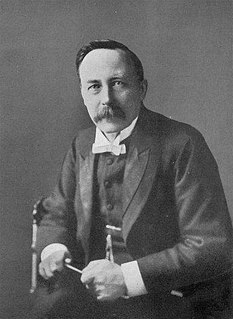A Quote by Charles Caleb Colton
Slight sorrow for sin is sufficient, provided it at the same time produces amendment.
Related Quotes
Some well-meaning Christians tremble for their salvation, because they have never gone through that valley of tears and of sorrow, which they have been taught to consider as an ordeal that must be passed through before they can arrive at regeneration. To satisfy such minds, it may be observed, that the slightest sorrow for sin is sufficient, if it produce amendment, and that the greatest is insufficient, if it do not.
Repentance out of mere fear is really sorrow for the consequences of sin, sorrow over the danger of sin — it bends the will away from sin, but the heart still clings. But repentance out of conviction over mercy is really sorrow over sin, sorrow over the grievousness of sin — it melts the heart away from sin. It makes the sin itself disgusting to us, so it loses its attractive power over us. We say, ‘this disgusting thing is an affront to the one who died for me. I’m continuing to stab him with it!’
The Resurrection was the greatest ‘eucatastrophe’ possible in the greatest Fairy Story — and produces that essential emotion: Christian joy which produces tears because it is qualitatively so like sorrow, because it comes from those places where Joy and Sorrow are at one, reconciled, as selfishness and altruism are lost in Love.
There is no question that under the Equal Rights Amendment there will be debates at times, indecision at times, litigation at times. Has anyone proposed that we rescind the First Amendment on free speech because there is too much litigation over it? Has anyone suggested the same for the Fourteenth Amendment I don't suppose there has ever been a constitutional amendment with so much litigation?




































